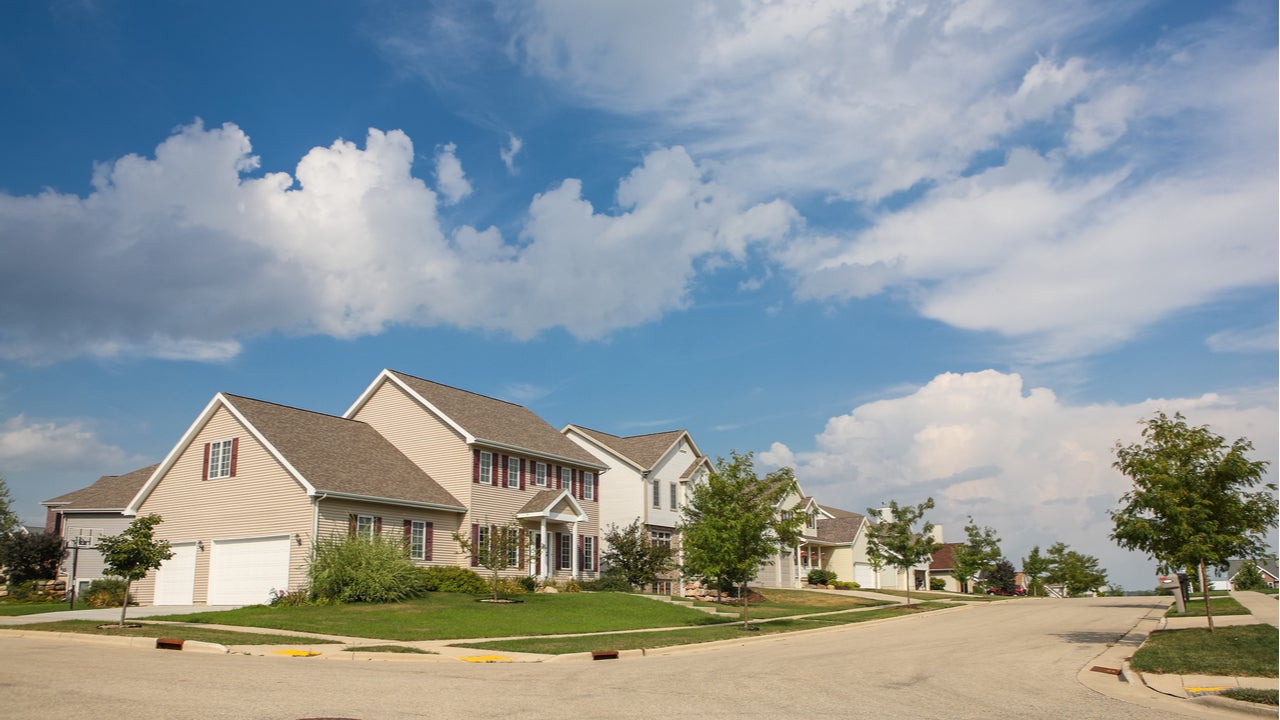Mortgage questions to expect from your lender




Key takeaways
- When shopping for a mortgage, be prepared to answer questions about your income, debt, down payment amount and more. You’ll need to back up your answers with documentation.
- Lenders ask questions to assess your risk level as a potential borrower.
- Lenders aren’t allowed to ask certain questions, including whether you plan to expand your family.
When you apply for a mortgage or a mortgage preapproval, the lender evaluates the risk of taking you on as a borrower. Part of that assessment involves asking you questions. To help you prepare, here are some common mortgage questions to expect.
Mortgage questions lenders ask you
What type of property is this for?
The lender or loan officer needs to know the type of property you hope to finance and what you intend to use the home for. That’s because there are different interest rates and requirements for different properties. For example, you might need a bigger down payment — and a higher credit score — to qualify for an investment property loan than you would for a loan on a primary residence.
Documents to provide
- Home purchase agreement
What is your employment status and income?
If you’ve been steadily working with the same employer or in the same industry for two or more years, this might be an easy question to answer. However, if you’re self-employed, you’ll need to provide more documentation, such as profit and loss statements from your business or 1099 forms if you operate on a contract basis.
Documents to provide
- Pay stubs from at least the past 60 days
- Tax returns (including W-2s and/or 1099s) from the past two years
- Employer contact information
- Business records if self-employed
- Proof of any other income sources, such as bonuses, commissions or overtime; child and/or spousal support payments; disability or VA benefits; and pension or Social Security payments
What recurring debts do you have?
For a conventional mortgage, lenders look for a debt-to-income (DTI) ratio of no more than 45 percent. That ratio includes your regular monthly obligations, such as a car loan or student loans, in addition to the mortgage you’re applying for.
If you’re applying for a conventional loan and have 10 or fewer payments left on one of your debts, you might not need to provide documentation about it. Your loan officer can help clarify exactly what you need to supply in this case.
Documents to provide
- Credit card statements from the past 60 days
- Student loan statements from the past 60 days
- Auto loan statements from the past 60 days
- Personal loan statements from the past 60 days
- Any other statements from other debt obligations, such as a medical debt repayment plan or another mortgage
Do you have savings or other assets?
Savings (not including your down payment) or other assets can help strengthen your mortgage application. While you likely won’t be required to have a certain amount set aside, your lender still needs to know your complete financial picture.
Documents to provide
- Bank statements from the past 60 days, including for checking, savings and money market accounts (MMAs)
- Retirement account and pension plan statements
- Brokerage account statements
- Documentation related to other properties you own, if applicable
How much are you putting down?
A higher down payment typically results in a more favorable interest rate. If you plan to use gift money from a family member or friend, your lender will require a gift letter explaining where the money came from, and supporting documentation showing the transfer of funds.
Likewise, if you’re seeking down payment assistance, you’ll likely need to take a homebuyer class. Ask your loan officer if you’re eligible for down payment help and what the requirements are.
Documents to provide
- Bank and brokerage statements
- Down payment gift letter, if applicable
Do you have a co-borrower?
A co-borrower or co-applicant is an additional person responsible for the mortgage. Both borrowers need to submit a loan application so that the lender can consider each borrower’s respective income, assets, debt and credit score.
Learn more: What does a mortgage a application look like?
How long do you plan to stay in this home?
Your loan officer might ask about future plans and timeline to help guide you to the best type of loan for your situation. For example, if you’re confident you’ll be selling the property within the next five years, the loan officer might recommend you consider a 5/1 adjustable-rate mortgage.
Are you working with a real estate agent?
If you’re getting a mortgage to buy a house, at some point your real estate agent will connect with your lender or loan officer to ensure everything stays on track for closing. You might not have an agent yet if you’re in the mortgage preapproval stage, but if you do, it’s important to share this with your lender.
What matters most to you?
Be prepared to share your goals and priorities for the mortgage. Do you want to pay the loan off as quickly as you can, for example? Your loan officer can show you what your monthly payments will look like with a 10-year term. Are you concerned about draining your savings with the upfront expenses? Your loan officer could show you the long-term financial impact of rolling your closing costs into the loan.
Questions a mortgage lender should never ask
While the list of common mortgage questions above might make it seem like mortgage lenders can ask you anything they want, there are some limits. By law, a lender cannot ask about or require documentation related to:
- Race
- Color
- Religion
- National origin
- Sex
- Familial status
- Marital status, including former spouses, unless the spouse or former spouse is a co-borrower or you live in a community property state
- Disabilities
There are a few caveats. For one, most mortgage lenders are required by law to gather information about race, ethnicity and sex on a loan application. You can opt out of sharing these details if you wish. If you choose to share this information, know that it cannot be used to discriminate against you. Lenders also cannot discriminate based on religion, color, age, marital status, familial status, sexual orientation, gender identity, national origin, disability or whether you receive public assistance. There might be other protected classes enforced by your state, as well.
In terms of familial status, a lender is allowed to ask how many children you currently have and their ages, but it cannot ask if you plan to have more, even if you’re noticeably pregnant.
For applicants living with a disability and receiving disability income, the lender cannot ask you to provide medical documentation. It can, however, ask for a proof of benefits letter if you intend to use the disability income to qualify for the mortgage.
Lastly, a lender is permitted to ask you if you pay child or spousal support, as these are considered debt obligations. It might ask if you receive these payments, but it also has to disclose that you’re not required to share this information. You can choose whether to volunteer it and have it included in your qualified income, but it’s not required.
Although lenders cannot discriminate based on national origin, they are allowed to ask about residency and immigration status.
FAQ
Why we ask for feedback Your feedback helps us improve our content and services. It takes less than a minute to complete.
Your responses are anonymous and will only be used for improving our website.




